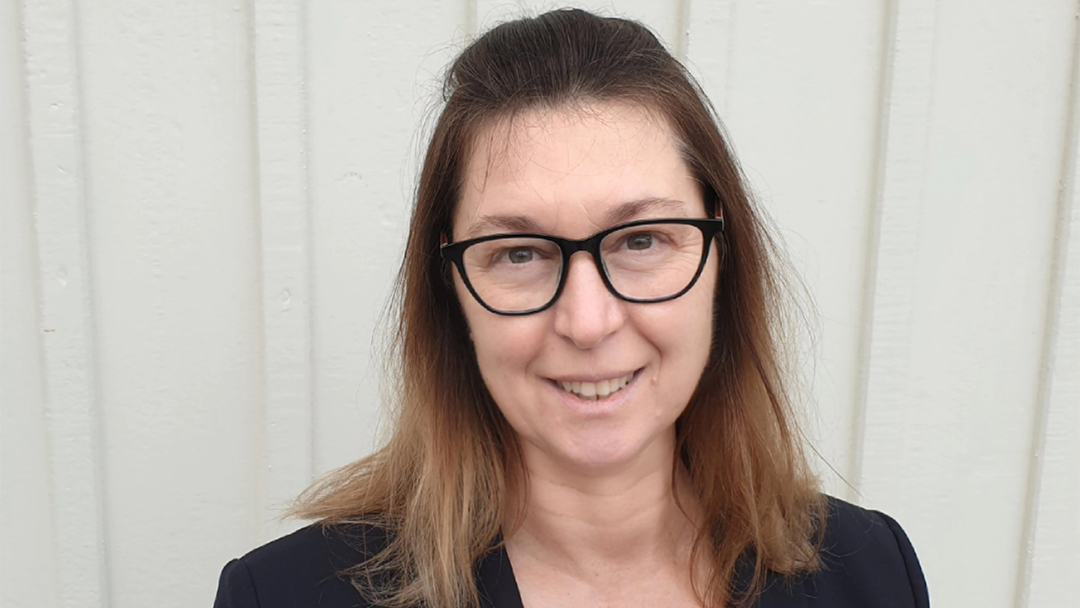Welcome Professor Barbara Nozière

Barbara Nozière, professor in Physical Chemistry, just started at the CBH School. The former Director of Research at Centre National de la Recherche Scientifique in Lyon recently received an ERC Advanced Grant from EU for her work with volatile organic radicals and the oxidizing capacity of the atmosphere.
“I have different directions of research, focusing on the chemical transformations of organic compounds in the lower atmosphere and their importance for the natural atmosphere or climate, which I study from a fundamental point of view. Organic radicals are key compounds for the atmosphere but very difficult to observe because they do not live for very long and there are many different radicals that cannot be distinguished from each other with the techniques existing until now,” says Barbara Nozière.
Professor Nozière has developed a technique using mass spectrometry and built a prototype to observe organic radicals, sampling air (for instance, ambient air) and ionizing the compounds in it in order to detect them. With this prototype and proof of concept, she obtained the ERC Advanced grant to transfer her new technique to state-of-the-art mass spectrometers (based on Time-Of-Flight technology, or “TOF”) that will allow for the first time to detect individual organic radicals in the real atmosphere.
“The challenge was to find an ionization technique that works for these radicals, which took me quite a while. The new generation of instruments to be built from my ERC project will be big but movable, to be deployed in the field or even on aeroplanes and measure the radicals from there.”
Unique prototype
She brought with her to KTH her prototype, which is the only instrument in the world, so far, able to detect individual volatile organic radicals.
“What brought me to KTH was that I was looking for a good university that would welcome an ambitious project such as my ERC Advanced grant, and was interested both in its fundamental dimension and its environmental one. In addition, the Department of Chemistry is a good place to study fundamental chemistry while developing instruments, which involves a lot of engineering and analytical expertise, which was also a big part of choosing KTH.”
“I also have private reasons to be in Stockholm because my family is here. But I also really love the place and the lifestyle here."
Will you teach as well?
“Of course! I’m guessing in physical chemistry, but my colleagues have been very kind and are giving me one year to get settled. Especially because I have the big ERC project to launch, which is quite heavy.”
“In the past, I have been teaching physical chemistry, thermodynamics, quantum chemistry, and more specialized courses on atmospheric chemistry, but oftentimes students did not like chemistry, students in meteorology, for instance. That was an interesting experience, as it pushed me to make my teaching more pedagogical and interesting.”
Understand the atmosphere
What do you hope to achieve in your first year at KTH?
"One year from now I hope to be well on my way in the building of instruments able to detect individual volatile organic radicals in the real atmosphere, which is the main goal of the project. Not being able to observe individual organic radicals has prevented us from fully understanding their reactions, and has been blocking this area of research for many decades. There is still so much about these radicals that we do not understand."
“So the new instruments from my project should bring a lot of new information on their chemistry and lead to important progress in understanding of the chemistry of the atmosphere and its interactions with climate."
Text: Jon Lindhe
Read more about Barbara Nozière's research in her profile or contact noziere@kth.se .
